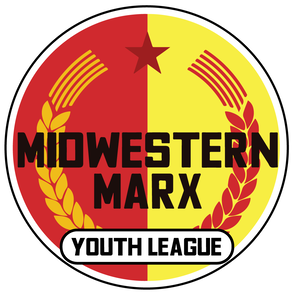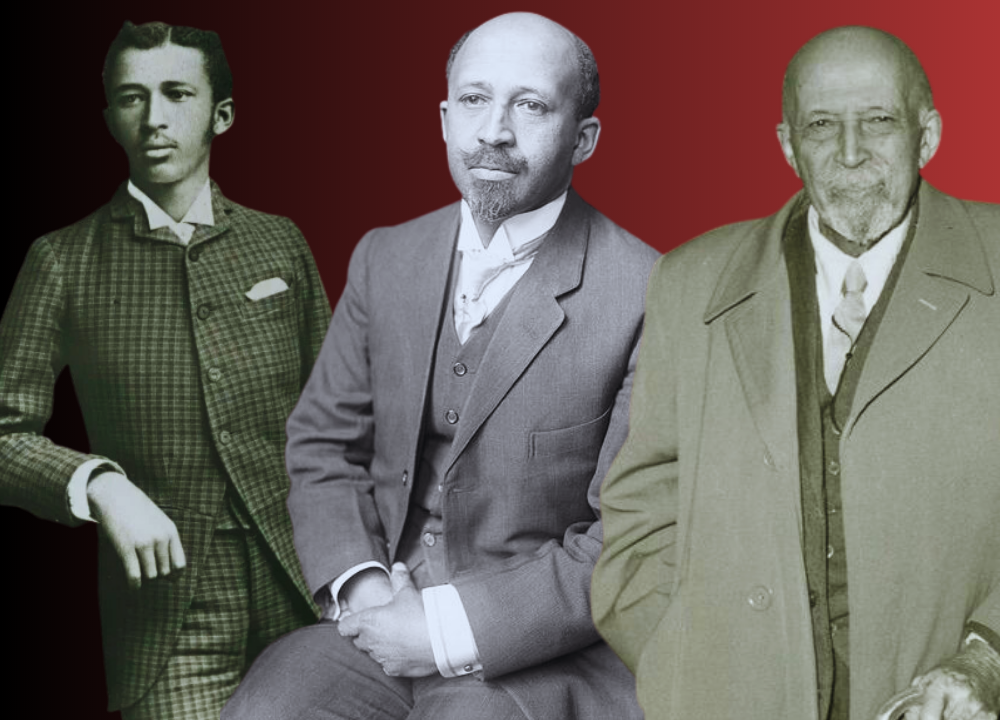|
Over the past few years, there has been widespread debate about the validity and morality of (keeping up and tearing down) statues of controversial historical figures. The conservative side of the argument contests that tearing down the statues, no matter when they were erected, is an activity which will surely lead to us forgetting or neglecting our history. When we think of statues of individuals, we know that there is a celebratory characteristic to them, inherent to their statuesque form. We know this because, when we consider erecting a statue of someone, we think of individuals who we believe should be celebrated: civil rights leaders, union activists, philanthropists, and humanists. We associate the construction of statues of historical figures with a celebration of the individual being depicted. No one ever imagines (in our time) erecting a statue of a figure who is disliked; no rational person in the twenty-first century wants to construct a statue of Adolf Hitler or Il Duce. The reason for this immediate rejection of the notion of architecturally institutionalizing these controversial figures of history is that we associate statues themselves with positive figures; at least we do in modern times. The positive connotation of statues of individuals is important for this essay’s later conclusions. One might argue that we do not only erect monuments to historical leaders, but to events as well. Indeed, we have memorials for the World Wars, battles, tragedies, and conflicts all over the world. And yet these monuments do not follow the above criteria that says statues are celebratory. This is because there is a disconnect between the figure and meaning of statues and memorials. We erect statues to commemorate people of great dignity, worthy of respect. We erect memorials to honour (remember) past tragedies. No one could argue that a Holocaust memorial means we are attributing respect to the Holocaust. At the same time, no one would argue that we should erect a statue of Adolf Hitler and claim that it is a Holocaust memorial. But when it comes to the modern debate over whether to keep up or tear down statues of such figures as Robert E. Lee, an American general who fought on the side of the South in the American Civil War (that is, he fought for slavery), people seem to lack the reasoning that says morally bad people should not be commemorated by statues. Whereas it would now be agreed that we should keep the history of fascist Italy under Mussolini confined to history books rather than statues, there lacks that consensus over statues which already exist. This is to say that while no one wants to put up a statue of Mussolini, it seems some reactionaries would have a hard time tearing one down. There is no explanation for the conservative argument other than general lack of critical thinking. At least there is the consensus that more statues of Egerton Ryerson, Robert E. Lee, and their moral peers should not be constructed in our time. The argument persists, though, over whether the existing statues of these people deserve to remain. As mentioned, the conservatives believe that statue-removal is an egregious act because it constitutes the dismantling of history. In reality, however, the removal of these statues constitutes recognition of history; we must be aware of the history of the person whose statue is being taken down in order for there to be a valid consensus for the popular removal of that statue. The lack of historical knowledge only lies in the reactionary conservative minds, who think that these such figures were morally appreciable people who deserve to maintain their statuehood in the twenty-first century, despite the fact that statues are naturally celebratory. Are the proponents of the statue-salvation argument so historically illiterate that they would idolize morally bankrupt, anti-humanist murderers, genociders, and slave-traders? It seems that way. Rather than understanding the contemptibility of some history, conservatives would hold that history remains true only in stone figures which predate us. Rather than read history books, conservatives would like to claim that their historical vindication comes through defending the commemoration of the worst people in history. Conservatives must come to realize that one needs not defend history to be historically aware; rather, one must acknowledge the unbiased truth of history, which leads us to oppose the commemoration of historical antagonists. Perhaps it is time we quit drudging through the arguments of the macabre past, and live in the present, where the ethical values of these figures would earn them dismissal from any moral society. Statue removal does not in any way promote ignorance or apathy toward history. It does promote the teaching of that history by more morally acceptable means, such as in schools and general public educational settings. If these statues remain, our culture remains toxified by the slave-owners and racist lawmakers of the past. Let these statues fall, let the people learn their crimes in the history books, and let new monuments be constructed of those events which should be mourned, and of those people who should be celebrated (not just remembered). AuthorNolan Long is a Canadian undergraduate student in political studies, with a specific interest in Marxist political theory and history. Archives June 2022
0 Comments
Leave a Reply. |
Details
AuthorWrite something about yourself. No need to be fancy, just an overview. Archives
February 2023
Categories
All
About the Midwestern Marx Youth LeagueThe Midwestern Marx Youth League (MMYL) was created to allow comrades in undergraduate or below to publish their work as they continue to develop both writing skills and knowledge of socialist and communist studies. Due to our unexpected popularity on Tik Tok, many young authors have approached us hoping to publish their work. We believe the most productive way to use this platform in a youth inclusive manner would be to form the youth league. This will give our young writers a platform to develop their writing and to discuss theory, history, and campus organizational affairs. The youth league will also be working with the editorial board to ensure theoretical development. If you are interested in joining the youth league please visit the submissions section for more information on how to contact us!
|


 RSS Feed
RSS Feed